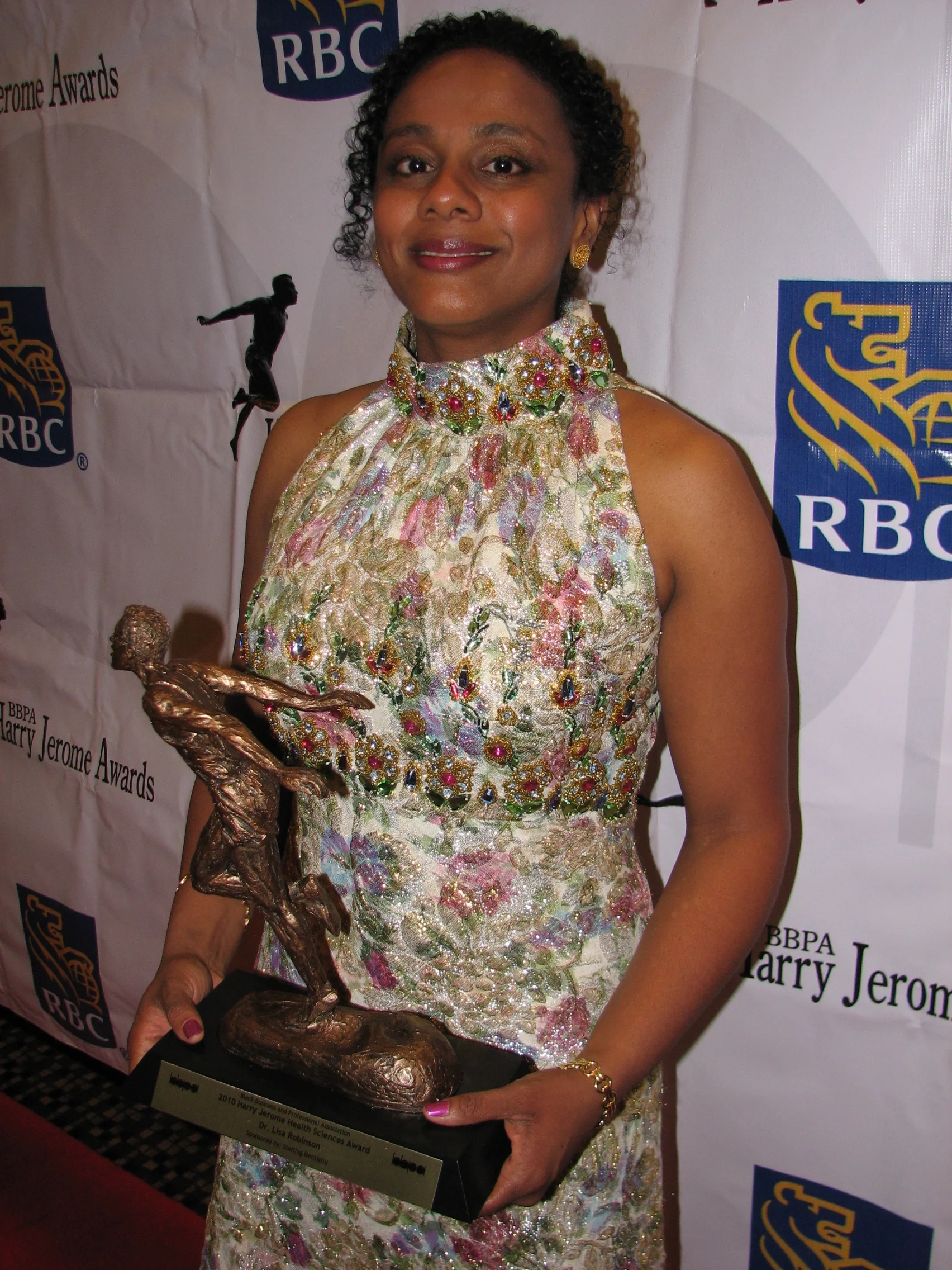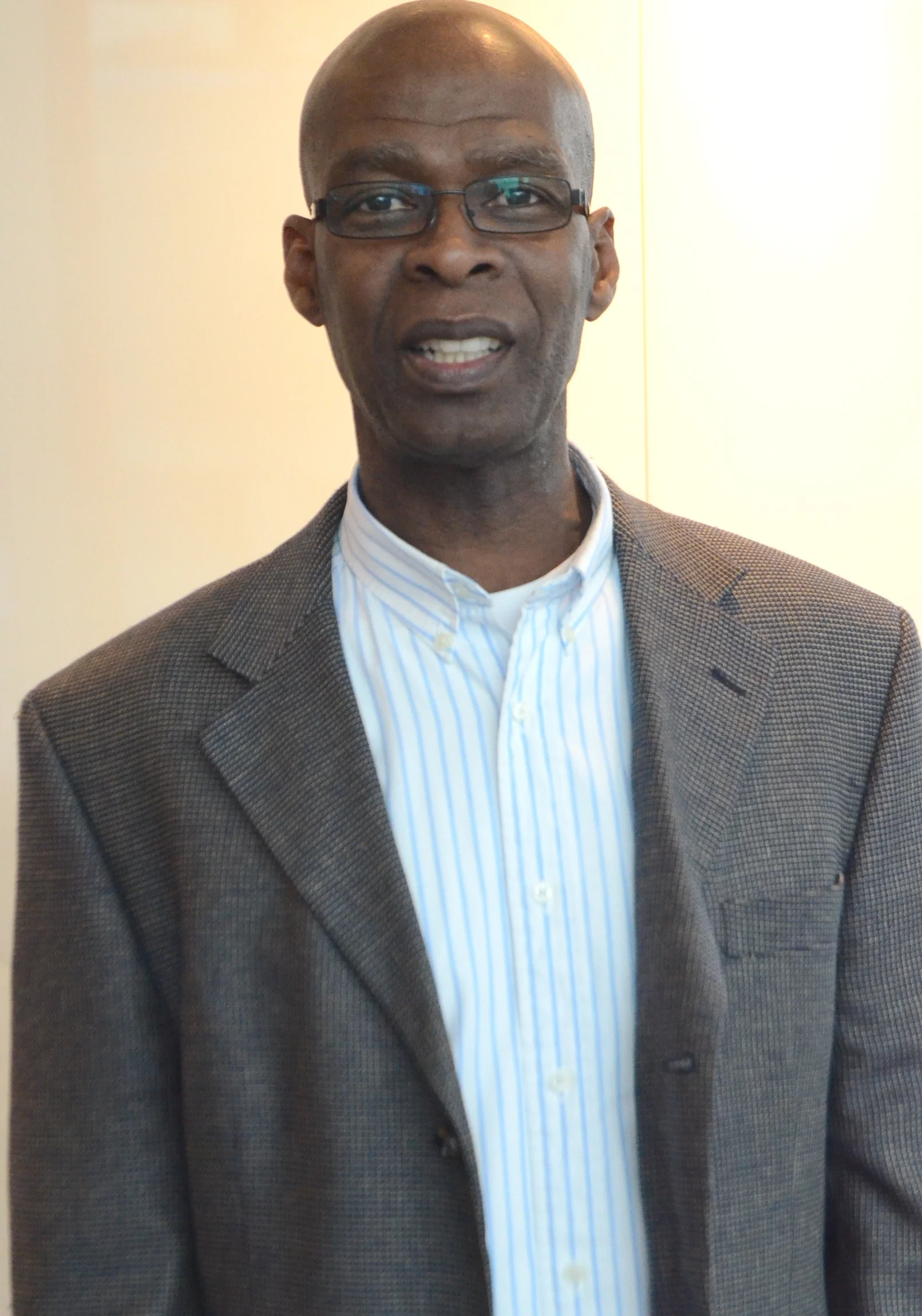York professor recognized for work with graduate students
March 17, 2017
When supply teacher and Master’s in Education candidate Abshir Hassan’s life tragically ended to senseless gun violence in the summer of 2014, close friends Sam Tecle and Tesfai Mengesha found a shoulder to lean on.
York University professor Dr. Carl James, Hassan’s thesis supervisor, was there for the grieving friends with words of comfort and support.
“This was a sudden loss, filled with shock and dismay both for us as well as the York community and wider City of Toronto,” Tecle, a Canada graduate scholar and PhD candidate, recalled. “This was new ground for Tes and I and, understandably, we were reeling from the loss. Although this was also new territory for Professor James, he was a pillar of support and an anchor from which to hold on to and make some sense of this tragedy.
“He very much holds an absolute commitment not only to the educational advancement of his students, but also their social and emotional well-being. This unwavering commitment is evident across all of his teaching and even more so in the way he generously offers his friendship.”
A member of the Royal Society of Canada fellows, James was recently honoured for his contributions to graduate teaching and membership with the Faculty of Graduate Studies (FGS) Teaching Award.
Tecle and Mengesha were among the nominators.
As one of his PhD students, Tecle is well positioned attest to James’ teaching excellence of graduate students.
“His teaching, both inside and outside of the classroom, results in high levels of student learning and engagement,” he noted. “The diversity and number of MA/MEd and PhD students he has supervised or supported through dissertation committees is remarkable. But even more impressive are the scholarly and professional achievements of his current and former students…At a time when the pedagogies and practices of graduate education are being called into question, Professor James’ approach to teaching fosters the development of ‘scholar leaders’.
“…He taught me and is still teaching me that pedagogy, the act of teaching and learning, is a braided activity woven into the texture and fabric of every part of life. In fact, for this remarkable educator, the vocation of teaching extends well beyond the classroom…For many of his students, he has made the difficult work of being an academic one of challenge and care and also one of immense satisfaction and laughter.”
Rhonda Lenton, the vice-president academic and provost who presented the award, said James’ extraordinary work in the classroom as a supervisor and mentor along with his passionate commitment to social justice, make him an exemplary member of York University’s graduate community.
“His expertise in the fields of community-based scholarship and accessible education in addition to his study of racialized education systems and marginalized populations and education has led to numerous prestigious awards inside and outside of the academy,” she added.
A professor in the university’s Faculty of Education and Director of the York Centre for Education and Community, James is also cross-appointed in the Sociology and Social Work graduate programs. In the past few years, he has conducted extensive research that examines the schooling, educational and athletic experiences of marginalized and racialized young people.
James, who was last year appointed the Jean Augustine Chair in Education, said he appreciates the honour, particularly for what it symbolically represents to him.
“That is the work that myself and other Black, Indigenous and other racialized colleagues do daily with students and at the university generally,” he pointed out. “I think that this is appropriate to mention as we at York continue to advance affirmative action. Among other things, we bring to our work our approach to teaching at a useful level, I think, pedagogical approaches, epistemological and ontological perspectives and lived experiences that not only contribute to the diversity that should appeal to the population of students in today’s Canada.
“Equally significant is what these contributions can mean for student recruitment, engagement and retention, graduate programming, administrative efficiency and the building of university-community partnerships. Indeed, the university benefits substantially from a diverse faculty. And our presence as racialized faculty members at York demonstrates a level of the university’s social responsibility and responsiveness to the educational and research needs, interests and aspirations of our students.”
Prior to joining the Faculty of Education in 1993 and becoming a full professor 10 years later, James was the director of the graduate program in Sociology. He also taught at Sheridan College and was the course director in the University of Toronto’s Faculty of Physical Education & Health from 1992 to 1995 and again in 1997.
James’ research interests include equity in education related to ethnicity, race, social class and gender; anti-racism and multicultural education; urban education; youth and sport; practitioner research; community development; immigrant settlement; immigration and minority issues; and social and educational issues in the Caribbean.
For the past 20 years, he has been working with teacher educators, teachers and teacher candidates at Sweden’s Uppsala University, which honoured him in 2006 with an honorary doctorate for his contribution to social equity and anti-racism education.
The FGS Teaching Award is presented annually to a member of the Faculty of Graduate Studies who has displayed substantial, significant and sustained excellence, commitment and enthusiasm to the multifaceted aspects of teaching at the graduate level at York University.






